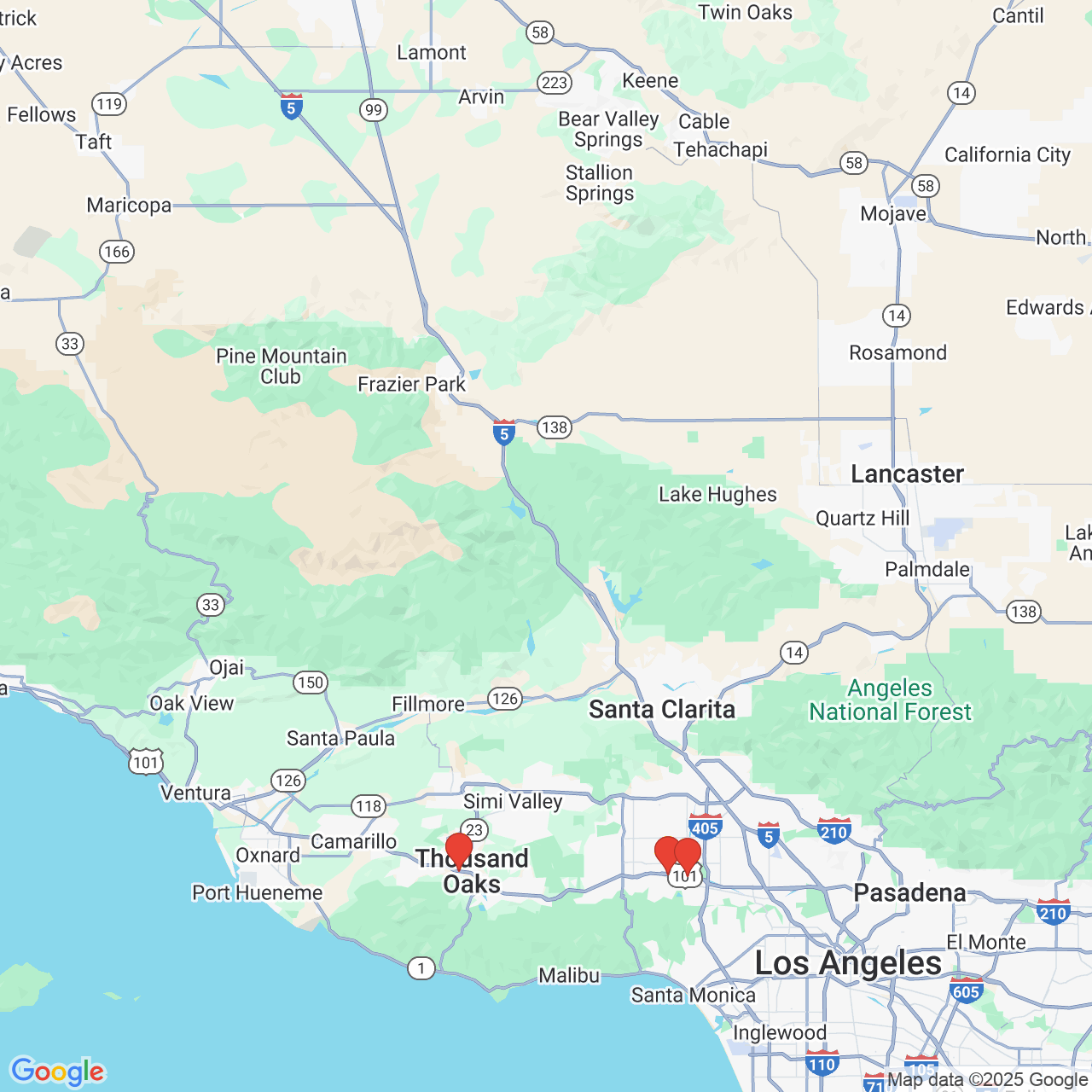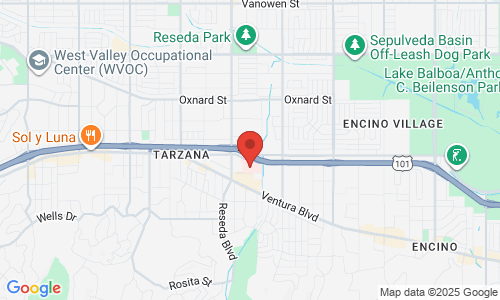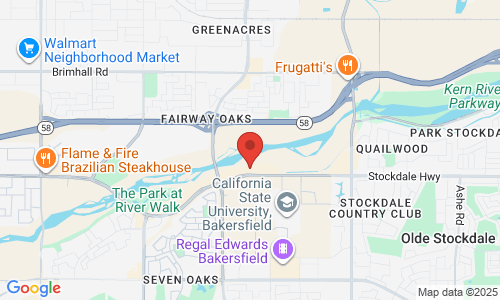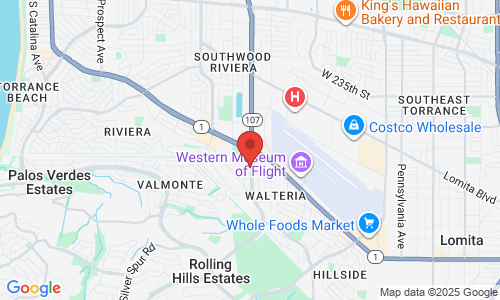Caffeine and fertility……….Please tell me I don’t need to stop drinking coffee!?!?
One of the reasons, that fertility treatments like invitro fertilization or intrauterine insemination can be so difficult is that in addition to the frequent doctor visits, daily injections and large sums of money required, many patients feel that they need to significantly alter their lifestyle to increase their chance for pregnancy. In some cases, such as smoking cessation, losing weight or avoiding illicit drug use, the changes are helpful. In other cases however, there is no demonstrable benefit. In fact, sometimes it may be better not to change your lifestyle. A perfect example of this is caffeine consumption
Caffeine has a bad reputation in some fertility circles that is not truly warranted. The basis for this reputation comes from studies which demonstrate that excessive caffeine intake increases the risk of pregnancy loss and decreases the chance for conception. In most of these studies, greater than 500 mg of caffeine per day was considered excessive. According to the same studies however, consumption of a moderate to small amount of caffeine, approximately 100-250 mg per day, does not increase risk for miscarriage or infertility.
Since most people don’t order their coffee in milligrams, it is important to know how much caffeine is in your morning cup-o-joe. Fortunately, the center for science in the public interest has recently reviewed the caffeine content in a variety of common food and drinks (http://www.cspinet.org/new/cafchart.htm). Some of the highlights include:
Coffee:
Starbucks Vente (large, 20 oz): 415 mg
Starbucks Grande (medium, 16 oz): 330 mg
Starbucks Tall (small, 12 oz): 260 mg
Keurig K-cup: 75-150 mg
Dunkin Doughnuts medium (14 oz): 178 mg
MacDonald Large (16oz): 133 mg
Soda: (all 12 oz)
Pepsi MAX: 69mg
Mountain Dew: 54mg
Diet Coke: 47 mg
Dr. Pepper: 41 mg
Coca Cola: 35 mg
Candy:
Hershey Special Dark Chocolate bar: 20mg
Hershey Milk Chocolate bar (1.6 oz): 9mg
Hershey’s Kiss (9 pieces) 9mg
Over the counter pills:
Excedrin Migraine (2 tablets): 130 mg
Clearly, not all cups of coffee are created equal. Further, just because your coffee comes in a cup, does not mean that it is equivalent to a “cup”. With this in mind, it is probably safe for patients to have 1 small cup (12 oz or less) of regular coffee per day. Alternatively, 2 cups of half caf (half regular, half decaffeinated) is also acceptable. Importantly, patients should monitor alternative sources of caffeine as well. If you are trading decaf coffee for a bag of Hershey Kisses, then you haven’t accomplished much.
Ultimately, fertility treatment is about making the best choices possible for yourself. Every patient is unique and requires a unique plan. For some patients abstaining from coffee may be just right for them, for others however, a cup of joe is not going to be a problem.
If you have any questions about human reproduction, or lifestyle and fertility, don’t hesitate to contact us, we would be happy to speak with you.







